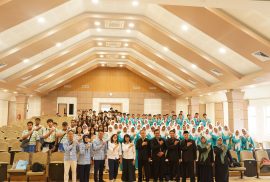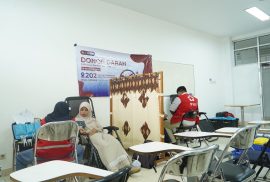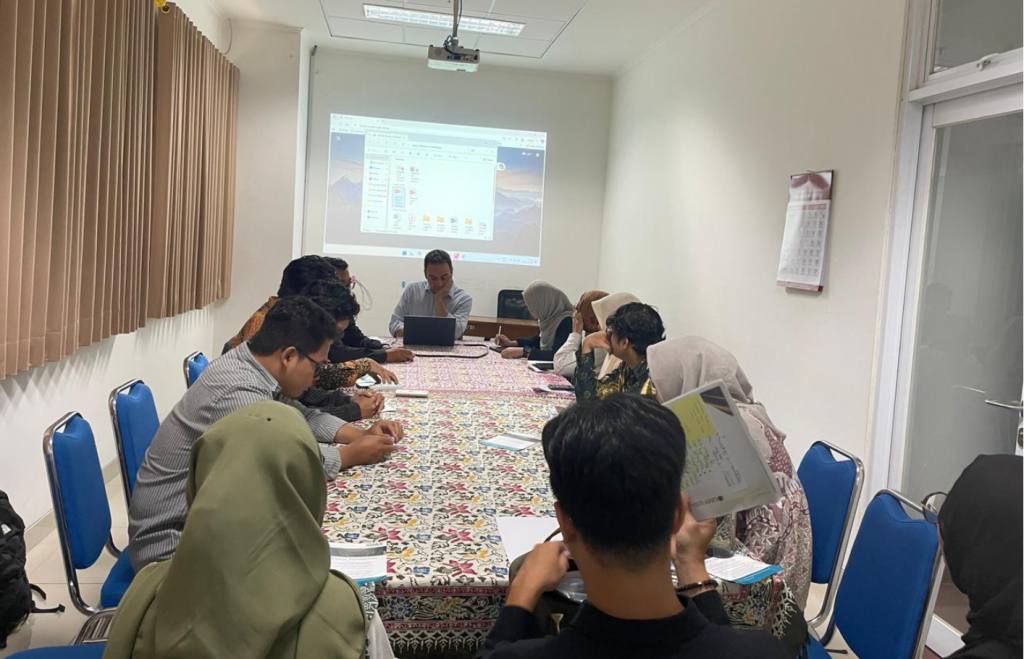Yogyakarta, 21 November 2025 — The Anthropology Study Program of the Faculty of Cultural Sciences, Universitas Gadjah Mada, has once again achieved international recognition. In the QS World University Rankings by Subject 2025, the program secured a position within the 101–170 global range, making it the highest-ranked anthropology program in Indonesia and surpassing various other institutions in the same field.
This accomplishment marks the third consecutive year that UGM’s Anthropology Study Program has been listed among the world’s top 100, demonstrating consistent academic quality and the scholarly contributions of its academic community.
In the previous year, the program ranked within the 51–110 range globally. A comprehensive evaluation is currently underway to identify ranking indicators that have not yet performed optimally. The academic environment in the Anthropology Study Program is characterized by strong solidarity, enabling all members to contribute to improving academic performance.
One of the indicators receiving particular attention is publication citation, which has not been fully recorded. Several faculty publications were not captured in the citation tracking system. Despite this, the collaboration indicator shows positive development, with 15 international partnerships and 10 domestic collaborations successfully established. In addition, the program is committed to strengthening alumni tracking, increasing scholarly publications in the form of books and articles, and supporting faculty career development toward professorship.
As part of its contribution to global sustainability, this achievement aligns with efforts to support the Sustainable Development Goals (SDGs), particularly in enhancing the quality of education, strengthening research and scientific publication, and fostering international collaboration that contributes to a sustainable academic ecosystem. The Anthropology Study Program of UGM remains committed to advancing the quality of education and research to generate positive impacts for society, scientific development, and the global academic community.
[Public Relations of FIB UGM, Alma Syahwalani]










